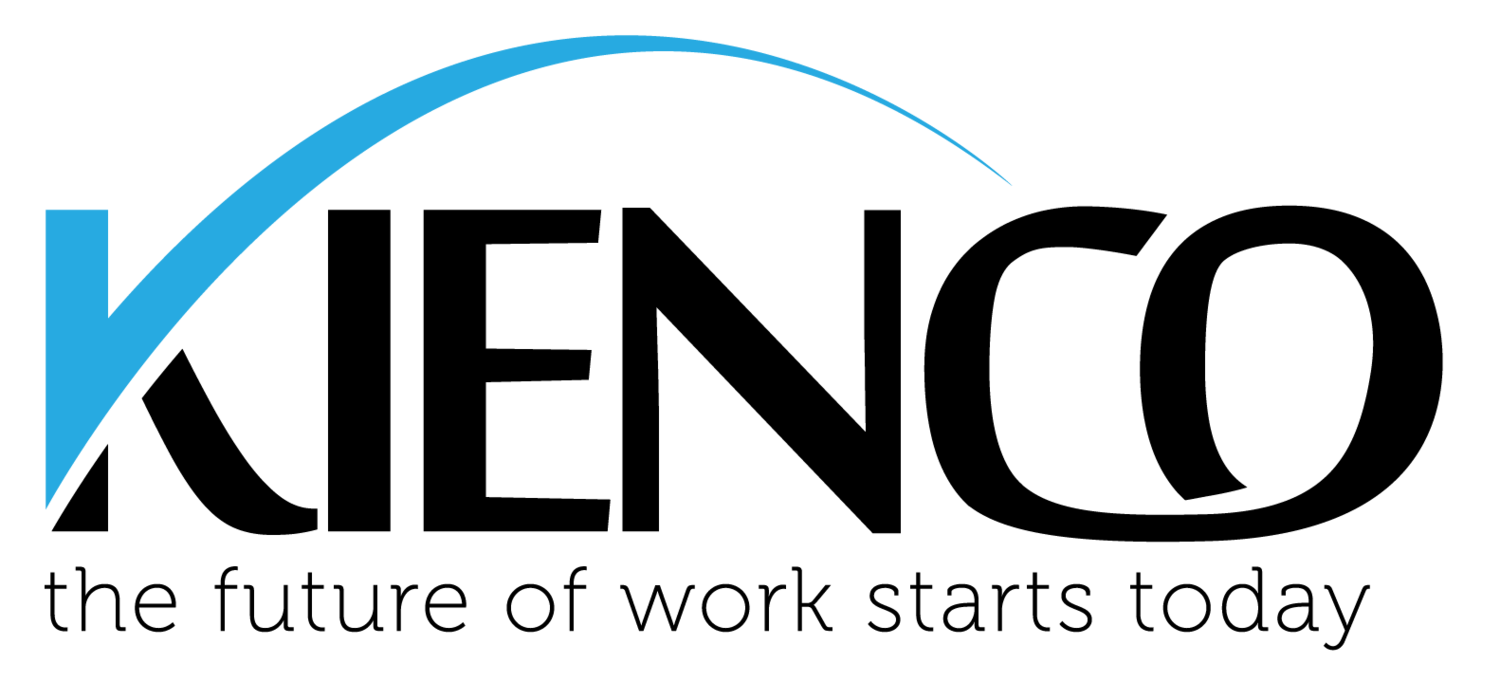From Oculus Rift to HoloLens, innovations in virtual reality have companies scrambling to create the first great headset on the market. While originally focused on the gaming and entertainment industry, there's no denying that virtual and augmented reality technology will directly impact the way we work and communicate as well.
Viewing entries in
Technology
Recently Pew Research ran a survey on the impact of Artificial Intelligence and Robotics on the future of work. 1,896 experts responded to the survey, with 48% believing that automation and robotics will displace a significant number of workers by 2025. The 52% of techno-optimists nonetheless recognised that many current roles will be displaced, even if net employment is the same or higher than it is today.
Frey and Martin at Oxford, in their "The Future of Employment" study, suggested that 47% of current work could be automated in the next 10-20 years, and many of the roles forecast to be automated are jobs traditionally held by younger workers, or lower-skilled work. Some of the roles most likely to be automated, according to the study, are:
- Telemarketers - 99% likelihood of automation
- Hand Sewers - 99%
- New Accounts Clerks - 99%
- Data Entry Keyers - 99%
- Clerical Work in a range of categories - 98%
- Tellers - 98%
- Bookkeeping - 98%
- Payroll and Timekeeping Clerks - 97%
- Cashiers - 97%
Imagine the "career ladder" with the first three rungs hacked off - that's the future we're heading into if these roles aren't replaced. How will we support people entering the workforce if there are no entry-level roles?
What was particularly interesting to me in the Pew Report was:
a. That the respondents were high-profile economists, futurists, journalists, and technologists representing organisations including the New York Times, Yahoo, Google, the Institute for the Future, the European Union, The Economist, and NASA - in other words, the people who are in a position to shape the future; and that
b. Many respondents assigned responsibility for guiding the adjustment to governments, educators, or luck. Some key responses are below:
“Governments will have to collaborate effectively with technology companies and academic institutions to provide massive retraining efforts over the next decade to prevent massive social disruption from these changes.”
“The notion of work as a necessity for life cannot be sustained if the great bulk of manufacturing and such moves to machines - but humans will adapt by finding new models of payment as they did in the industrial revolution (after much upheaval)”
“It seems inevitable to me that the proportion of the population that needs to engage in traditional full-time employment, in order to keep us fed, supplied, healthery, and safe, will decrease. I hope this leads to a humane restructuring fo the general social contract around employment.”
“...A technological advance by itself can be either positive or negative for jobs, depending on the social structure as a whole... this is not a technological consequence: rather it is a political choice”
“...It will require wrestling with ideologically fraught solutions, such as a guaranteed minimum income, and a broadening of our social sense of what is valuable work”
It's impossible to accurately predict the future, but it is possible to forecast multiple futures, and plan initiatives to respond to those scenario - even if we don't know precisely how the future will unfold. It's clear that whether you believe that net jobs will be destroyed through automation or not, there is a huge transition already happening, and the pace is accelerating. Reports like the Oxford and Pew papers are a wake-up call, but they're not a solution - and we all have a role in determining whether our future is utopian or dystopian.
What are some ways that you believe we can support people undergoing technological unemployment, particularly if the number of unemployed rises above historic levels? How do you see work looking in 2025? How do we support people entering the workforce, if robots and algorithms are doing all the entry-level roles?
Recently an Oxford University study entitled "The Future of Employment: How Susceptible are Jobs to Computerisation?" ranked 702 occupations by their likelihood to be automated in the next 10-20 years. Automation is coming, and visions of the future of work ranging from utopia to disaster have been forecast.
A recent profile on NPR talks about the myriad ways in which UPS drivers are monitored in a way reminiscent of Frederick Winslow Taylor's Time and Motion Studies, and the benefits that this has for the organisation. Is this Workforce Analytics as Neo-Taylorism? What are the implications, and does the future of work look like a UPS truck?
Today, Facebook celebrates its' 10th Birthday, and Mark Zuckerberg's post talks about connectedness and how the world has changed in the past decade. He also refers to how social media will change over the next 10 years to become as much about solving problems as about sharing moments, particularly in light of new technologies which will have us generating and sharing more data.
Back in the 1990s, there was a great TV show called Beyond 2000, that discussed technological changes that would impact us in the (then) future. Well, we're WAY beyond 2000 now, and some of the predictions are only now starting to come true - but the future isn't what it used to be.
Everything old is new again - Amazon's Jeff Bezos announces plans to deliver Amazon.com purchases using drones - something very similar was predicted in Popular Mechanics magazine 92 years ago.
Really nice, simple overview of how Kaggle works.





